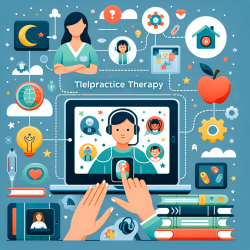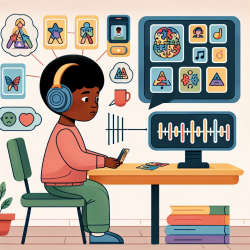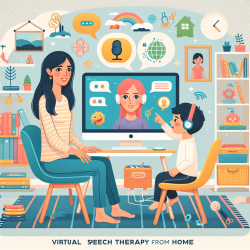Extended time as an accommodation for students with disabilities is a topic of considerable importance and discussion in the field of education. This additional time allows students to complete assessments at a pace that accommodates their learning needs, typically extending the standard completion time by one and one-half to two times. But what does research say about the effectiveness of extended time? The National Center on Educational Outcomes (NCEO) provides a comprehensive look into this accommodation through its Accommodations Toolkit.
Extended time is not a one-size-fits-all solution. Research findings on its implementation and impact are mixed, highlighting that while some students benefit significantly, others may not see a noticeable difference in their assessment performance. Positive effects were notably observed in students with attention-deficit/hyperactivity disorder (ADHD) and learning disabilities (LD), where extended time helped improve scores on reading and writing assessments. Similarly, students with various disabilities showed improved performance levels in subjects like mathematics, writing, and health when provided with extended time compared to other accommodations.
However, the effectiveness of extended time is not universally agreed upon. Several studies reviewed by the NCEO found no significant impact of extended time on the performance of students with LD or ADHD. This inconsistency suggests that extended time may overcompensate for some students, allowing them to respond more thoroughly than their peers without disabilities, or it may not sufficiently address the unique challenges faced by others.
The perception of extended time by students and teachers is generally positive, with many students reporting increased comfort, motivation, and self-efficacy when using this accommodation. Teachers also support the use of extended time, believing it to be a fair and valid method to level the playing field for students with disabilities.
What we've learned from the research is that the effects of extended time are inconclusive. Some students with specific disabilities may benefit from it during content assessments, especially when bundled with other accommodations like oral delivery. This combination can enhance performance, suggesting that the interaction between extended time and other accommodations needs further exploration.
The need for continued research is clear. Understanding how extended time functions in isolation and in combination with various accommodations across different content assessments is crucial. This will help educators tailor support to the diverse needs of students with disabilities, ensuring that all students have the opportunity to demonstrate their knowledge and skills fully.
For more information, please follow this link.










